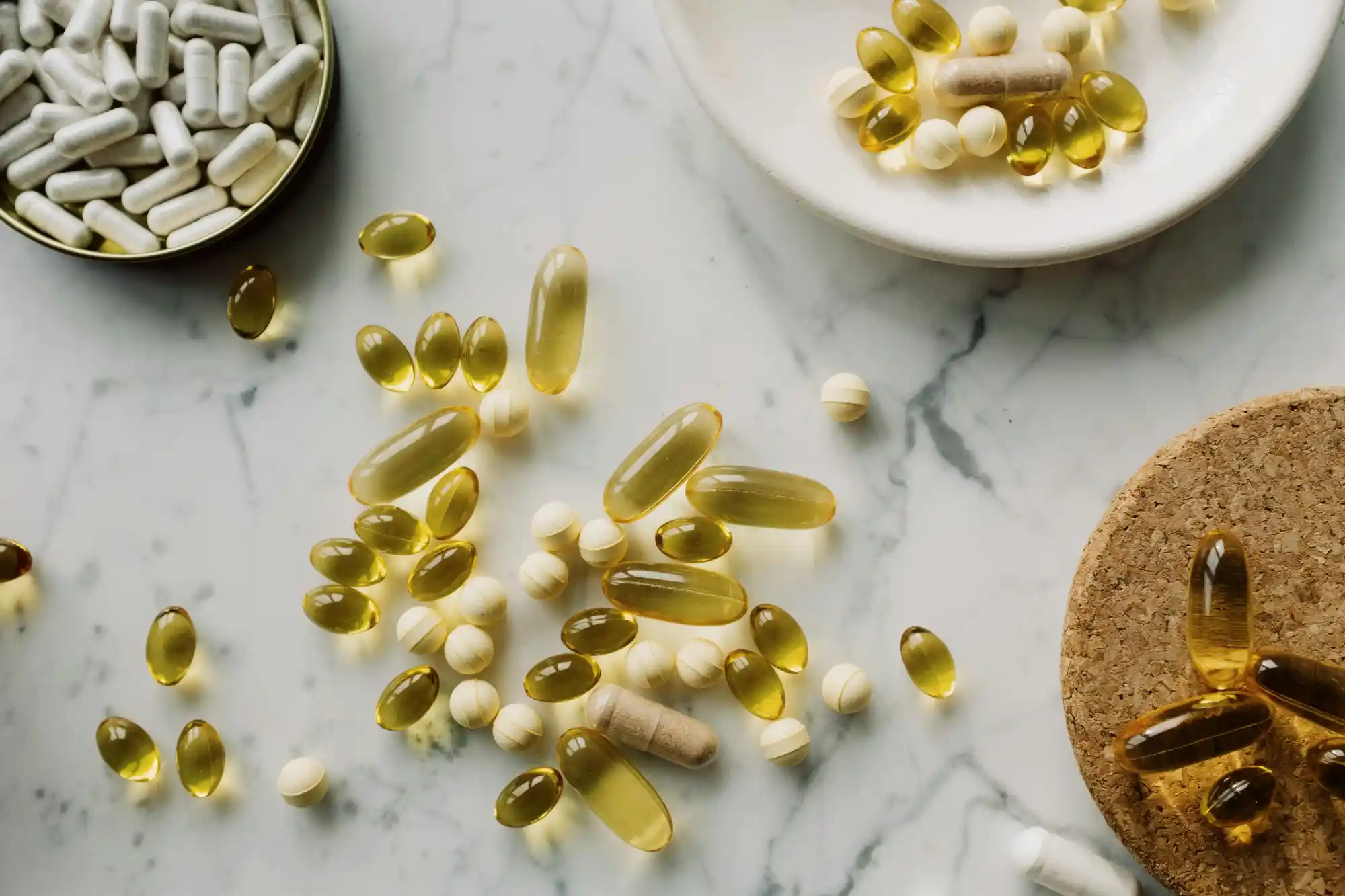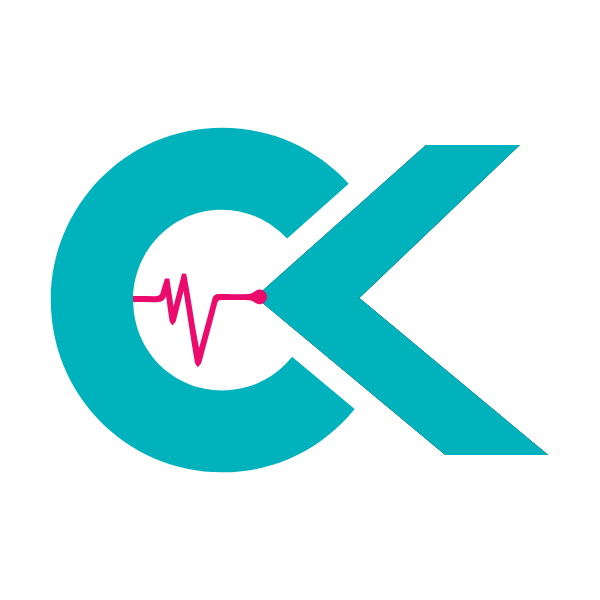Bariatric surgery represents a significant intervention for individuals managing severe obesity, leading to profound physiological changes. While effective for weight loss, these procedures inherently alter the gastrointestinal tract, impacting nutrient absorption. Deficiencies in essential vitamins and minerals are well-documented post-surgery, necessitating lifelong supplementation. However, the role and efficacy of specific supplements beyond standard micronutrients, such as collagen, often warrant careful consideration. The complex interplay between surgical modifications and the body’s ongoing nutritional demands underscores the importance of evidence-based guidance. Navigating these requirements effectively is crucial for optimal patient outcomes and long-term health maintenance following bariatric procedures.
Table of Contents
Essential Vitamins and Minerals After Bariatric Surgery: Why They Matter
- Vitamin B12 deficiency occurs frequently after gastric bypass and sleeve gastrectomy procedures due to reduced intrinsic factor production and decreased gastric acid secretion. The altered anatomy prevents adequate absorption in the terminal ileum, requiring lifelong monitoring and supplementation to prevent pernicious anaemia and neurological complications.
- Iron deficiency develops in approximately 50% of bariatric surgery patients within two years post-operatively. Bypassing the duodenum and proximal jejunum eliminates the primary absorption site for iron, whilst reduced stomach acid production impairs iron solubilisation from dietary sources.
- Folate absorption becomes compromised following malabsorptive procedures as the jejunum serves as the principal absorption site. Inadequate folate levels can lead to megaloblastic anaemia and increased homocysteine concentrations, particularly concerning for patients of reproductive age due to neural tube defect risks.
- Calcium malabsorption results from bypassing the duodenum where active calcium transport occurs most efficiently. Reduced stomach acid production further impairs calcium solubility, whilst vitamin D deficiency compounds absorption difficulties, leading to secondary hyperparathyroidism and bone demineralisation.
- Vitamin D deficiency affects over 80% of post-bariatric patients due to fat malabsorption and reduced dietary intake. The fat-soluble vitamin requires adequate bile acid mixing, which becomes limited after anatomical rearrangement, resulting in compromised bone health and immune function.
- Thiamine (Vitamin B1) deficiency presents a serious risk, particularly after restrictive procedures with persistent vomiting. Rapid depletion occurs within weeks, potentially causing Wernicke encephalopathy and peripheral neuropathy if not promptly addressed through parenteral administration.
- Zinc absorption decreases significantly following gastric bypass surgery as the duodenum and proximal jejunum contain the highest concentration of zinc transporters. Deficiency manifests as impaired wound healing, hair loss, and compromised immune response, requiring careful monitoring and targeted supplementation.
- Vitamin A deficiency develops gradually due to impaired fat absorption and reduced retinol-binding protein synthesis. Night blindness and dry eyes represent early clinical manifestations, whilst severe deficiency can progress to corneal damage and irreversible vision loss.
- Protein-energy malnutrition remains a persistent concern affecting 5-15% of patients long-term. Reduced gastric capacity, early satiety, and malabsorption contribute to inadequate protein synthesis, muscle wasting, and delayed wound healing, necessitating comprehensive nutritional rehabilitation programmes.
These micronutrient deficiencies require systematic screening protocols and individualised supplementation regimens based on surgical anatomy, patient compliance, and biochemical monitoring results.
How to Take Supplements After Bariatric Surgery: Timing and Forms That Work Best
Post-operative supplement management requires precise attention to bioavailability and gastric tolerance following weight loss surgery. Understanding the intricate relationship between supplement timing and absorption mechanisms becomes crucial for preventing nutritional deficiencies.
Optimal Timing and Spacing for Supplement Absorption
- Take fat-soluble vitamins with meals containing healthy fats to enhance absorption rates, particularly when consuming A, D, E, and K supplements during your largest meal of the day.
- Space iron supplements at least two hours away from calcium-containing products, as calcium significantly inhibits iron absorption through competitive binding mechanisms in the small intestine.
- Consume B12 supplements on an empty stomach first thing in the morning, allowing 30-60 minutes before eating to maximise sublingual or oral absorption in the altered digestive tract.
- Separate multivitamins from individual supplements by at least two hours to prevent nutrient competition and ensure optimal uptake of each specific micronutrient component.
- Schedule supplements throughout the day rather than taking everything simultaneously, as the reduced stomach capacity cannot accommodate large volumes or multiple nutrients effectively.
- Avoid taking supplements with tea or coffee as polyphenols and tannins can bind minerals like iron and zinc, significantly reducing their bioavailability and therapeutic benefit.
- Time magnesium supplements before bedtime as this mineral promotes muscle relaxation and can help counteract common post-surgical sleep disturbances whilst supporting bone health.
Spacing becomes particularly critical when managing multiple daily supplements as bariatric patients typically require 6-8 different nutritional products to maintain adequate levels.
Best Supplement Forms: Liquids, Powders, Chewables, and Sublinguals
- Liquid supplements offer superior absorption rates compared to tablets, as they bypass the need for gastric breakdown and provide immediate availability for intestinal uptake in compromised digestive systems.
- Sublingual tablets dissolve under the tongue allowing direct absorption into the bloodstream through oral mucosa, particularly beneficial for B12 and folate supplementation post-surgery.
- Chewable formulations reduce gastric irritation whilst providing better dissolution than standard tablets, making them ideal for sensitive post-operative stomachs that cannot tolerate harsh textures.
- Powder supplements mixed with beverages allow for precise dosing adjustments and improved palatability, though they require careful mixing to prevent clumping and ensure uniform distribution.
- Capsules dissolve faster than tablets but may still cause digestive discomfort in some patients, particularly those with gastric sleeve or bypass procedures affecting acid production.
- Effervescent tablets create enhanced solubility whilst providing gentle gastric stimulation, though they often contain additional sodium that requires monitoring in hypertensive patients.
Absorption efficiency varies significantly between formulations, with liquid and sublingual forms typically achieving 85-95% bioavailability compared to 60-70% for traditional tablet formats in post-bariatric patients.
Collagen After Bariatric Surgery: Benefits and Best Options for Recovery
Following bariatric procedures, patients face unique nutritional challenges that require targeted supplement strategies. Understanding whether you can take collagen after gastric sleeve surgery and its role in recovery becomes crucial for optimal healing outcomes.
Benefits of Collagen Supplementation for Post-Bariatric Patients
Collagen protein after weight loss surgery provides essential amino acids that support multiple recovery aspects. Research indicates that bariatric patients experience accelerated collagen breakdown, making supplementation particularly beneficial.
- Skin elasticity support: Rapid weight loss following gastric bypass or sleeve procedures often leads to excess skin. Collagen supplements help maintain skin structure and may reduce the appearance of loose skin by supporting dermal thickness and hydration.
- Joint comfort enhancement: Weight loss surgery patients frequently experience joint discomfort during rapid weight reduction phases. Collagen supplementation provides glycine, proline, and hydroxyproline, which contribute to cartilage maintenance and joint function.
- Hair loss management: Post-surgical hair thinning affects approximately 84% of bariatric patients. Collagen for hair after bariatric surgery supplies keratin-building amino acids that support follicle strength and hair regeneration.
- Wound healing acceleration: Collagen plays a fundamental role in tissue repair and surgical site healing. Supplementation ensures adequate amino acid availability for optimal recovery processes.
Selecting Appropriate Collagen Supplements After Weight Loss Surgery
Best collagen for bariatric patients requires careful consideration of absorption capacity and nutritional needs. Post-surgical anatomical changes affect supplement processing, making selection criteria essential.
- Hydrolysed collagen peptides: These pre-digested forms offer superior bioavailability for altered digestive systems. Marine collagen typically provides smaller peptide chains, enhancing absorption in gastric sleeve patients.
- Sugar-free formulations: Dumping syndrome risk necessitates avoiding collagen products containing added sugars or artificial sweeteners. Pure collagen powder mixed with approved beverages provides optimal tolerance.
- Type I and III collagen combinations: These variants specifically target skin, hair, and connective tissue repair. Collagen and other supplements intake after bariatric surgery should complement rather than compete with essential vitamin protocols.
- Third-party tested products: Quality assurance becomes critical when digestive capacity is compromised. Certified supplements ensure purity and potency standards suitable for post-surgical patients.
Collagen for skin aging after bariatric surgery works synergistically with proper hydration and graduated exercise programmes. Integration with existing supplement regimens requires healthcare provider guidance to prevent nutrient interactions and ensure comprehensive recovery support. Eating After Gastric Sleeve requires careful consideration to avoid any potential complications related to collagen and other supplements intake after bariatric surgery. Ensuring a balanced approach aids in optimizing the benefits of nutritional interventions during recovery.
Protein Supplements Beyond Collagen: What Works for Bariatric Patients?
Post-bariatric surgery patients require 60-80 grams of daily protein to maintain lean muscle mass and support optimal healing. While collagen supplements offer specific benefits, comprehensive protein supplementation demands a broader approach incorporating various high-quality protein sources.
Whey protein isolate remains the gold standard for bariatric patients due to its superior bioavailability and rapid absorption. Research demonstrates that whey isolate contains 90-95% protein content with minimal lactose, making it suitable for patients with reduced gastric capacity. The complete amino acid profile supports muscle protein synthesis effectively during weight loss phases.
| Protein Type | Protein Content | Digestibility | Early Post-Op Suitability | Late Post-Op Suitability |
|---|---|---|---|---|
| Whey Isolate | 90-95% | Excellent | High | High |
| Plant-Based Blend | 70-80% | Good | Moderate | High |
| Casein | 80-85% | Slow | Low | Moderate |
| Specialized Bariatric | 85-90% | Excellent | High | High |
The comparison reveals significant differences in protein density and absorption rates across supplement categories.
Plant-based protein blends combining pea, rice, and hemp proteins offer viable alternatives for patients with dairy intolerances. These formulations typically provide complete amino acid profiles when properly combined, though requiring larger serving sizes to match whey’s protein density.
Specialized bariatric protein powders incorporate additional nutrients including iron, B-vitamins, and calcium to address common post-surgical deficiencies. These formulations feature enhanced solubility and neutral pH levels, reducing gastrointestinal irritation in sensitive patients.
Casein protein serves specific purposes for long-term maintenance patients, providing sustained amino acid release over 6-8 hours. However, its slower digestion rate makes it unsuitable for early post-operative stages when rapid nutrient absorption proves critical.
Liquid protein shots containing 15-20 grams per serving offer convenient options for patients struggling with powder preparations. These concentrated formulations support daily protein targets without requiring large volumes of fluid intake.
The optimal protein supplementation strategy combines multiple sources based on individual tolerance, surgical type, and recovery stage, ensuring sustained nutritional support throughout the post-bariatric journey.
At CK Health Turkey, we provide all the necessary post-bariatric surgery supplements under the supervision and guidance of our expert dietitian. In addition to ensuring the proper use of these supplements, our dietitian also prepares a personalized bariatric nutrition plan to support your recovery and help you maintain a healthy lifestyle.
For more information about bariatric surgery, you can contact our healthcare coordinators by filling out the form on our website or reaching out directly via WhatsApp.




